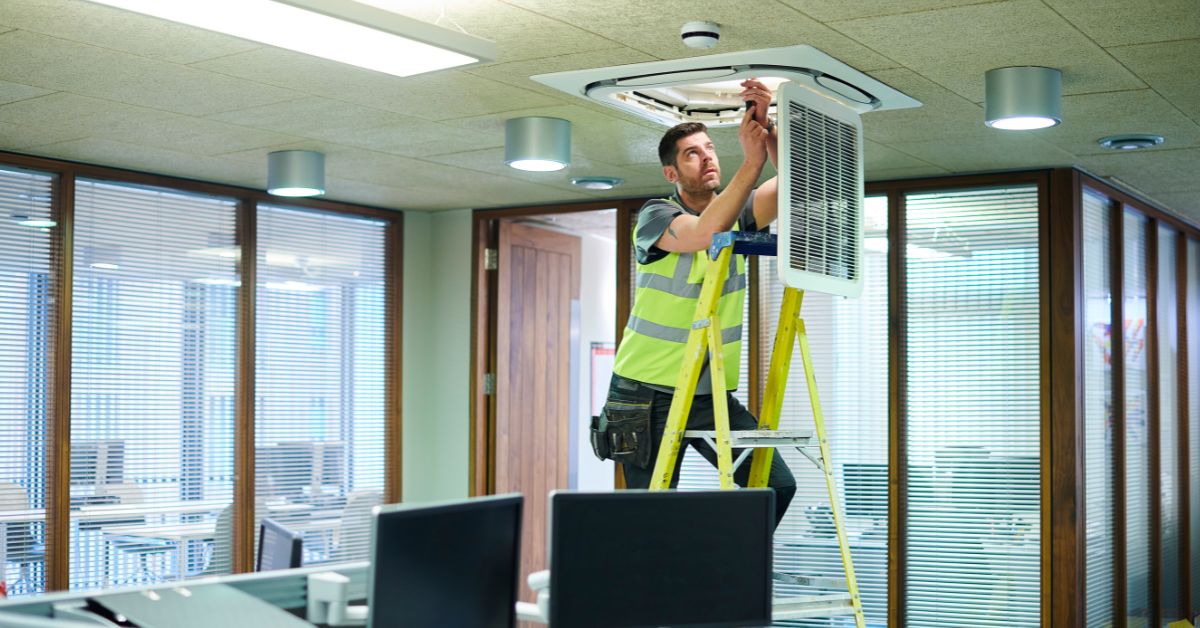Air conditioning, a staple in modern living, provides respite from sweltering temperatures and creates a comfortable environment. However, over time, air conditioning systems may experience a decline in performance due to refrigerant loss, necessitating a crucial maintenance procedure known as air con regas. This process plays a pivotal role in preserving the efficiency and longevity of air conditioning units.
Air conditioning systems rely on refrigerants to cool the air before circulating it into indoor spaces. These refrigerants undergo a continuous cycle of compression, condensation, expansion, and evaporation to absorb and release heat, creating the desired cooling effect. Over time, due to various factors such as leaks or natural wear and tear, the refrigerant levels in the system can diminish, compromising its ability to cool effectively.
Air con regas, short for refrigerant recharge, involves replenishing the refrigerant levels within the system to the manufacturer’s specified capacity. This process is akin to giving fresh air to the air conditioning unit, restoring its cooling efficiency and ensuring optimal performance. Neglecting the need for regas can lead to many issues, including reduced cooling capacity, increased energy consumption, and potential damage to the compressor.
One of the telltale signs that an air conditioning system requires regas is a noticeable decrease in cooling effectiveness. If the air blowing from the vents feels warmer than usual, it may indicate a low refrigerant level. Additionally, the system might cycle more frequently as it struggles to maintain the desired temperature, placing undue stress on the components and increasing energy consumption.
Regular air con regas is not only essential for maintaining comfort but also for preserving the longevity of the entire air conditioning system. Low refrigerant levels force the compressor to work harder, leading to overheating and premature wear. This can result in costly repairs and, in extreme cases, the need for a complete system replacement. By addressing refrigerant deficiencies through timely regas, homeowners can extend the lifespan of their air conditioning units and avoid unnecessary expenses.
Environmental considerations also underscore the importance of proper air conditioning maintenance, including regas procedures. Many refrigerants used in air conditioning systems are potent greenhouse gases that contribute to climate change if released into the atmosphere. Regular regas, performed by certified technicians, ensures that any potential leaks are identified and addressed, minimizing the environmental impact and adhering to responsible HVAC practices.
In conclusion, air conditioning regas is a critical maintenance procedure that safeguards the performance, efficiency, and longevity of air conditioning systems. This process goes beyond simply restoring refrigerant levels; it is an investment in comfort, energy efficiency, and environmental responsibility. Homeowners are encouraged to schedule regular maintenance, including air con regas, to keep their cooling systems running smoothly and to enjoy a consistently comfortable indoor environment.

